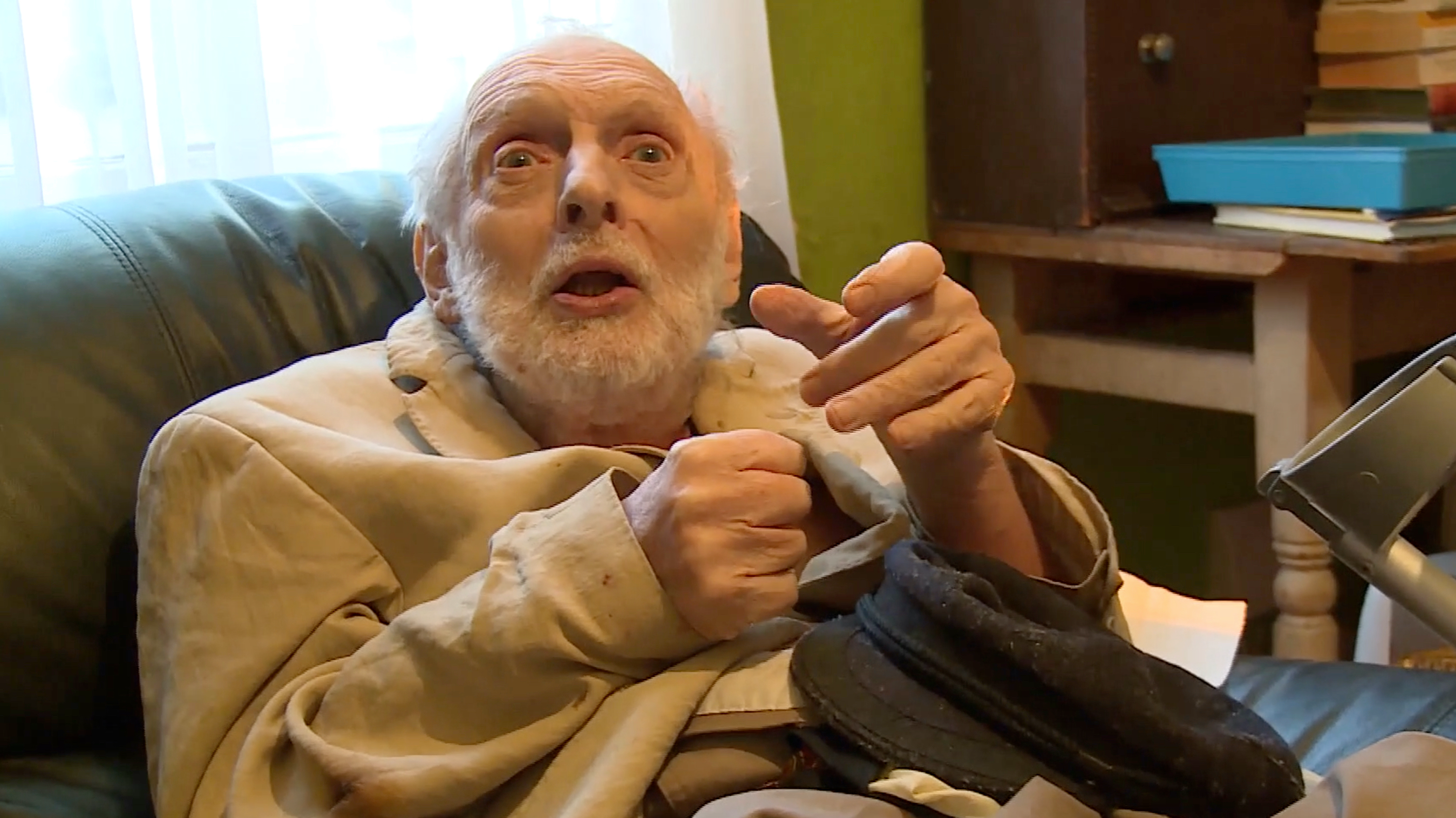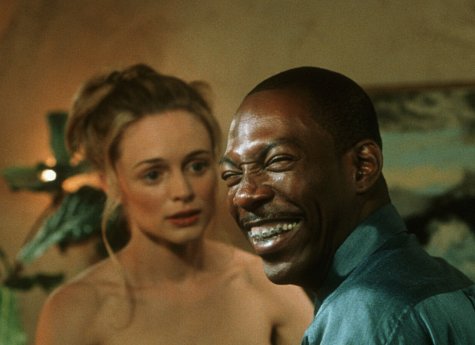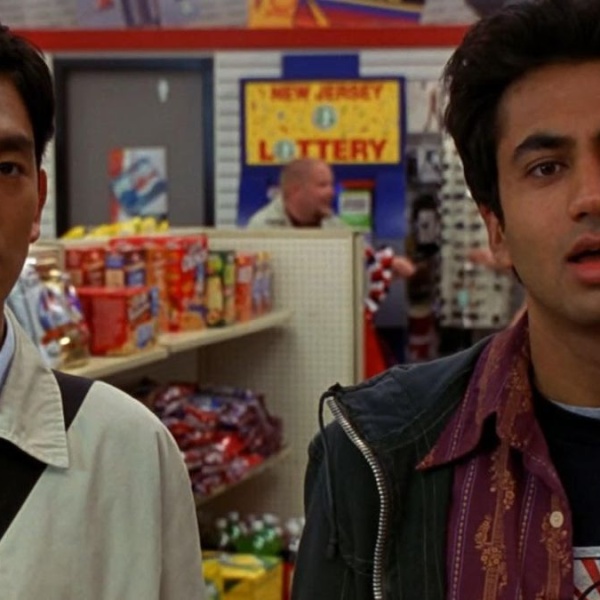Filmmaker Simon Chambers was living in New Delhi and planning to shoot a documentary about traffic congestion in India when his 85-year-old Uncle David called him to say that he thinks he may be dying. But when Simon returned to London, he found David not on the brink of death but rather starved for attention. A former thespian with the flair for the dramatic, David insisted Simon bring his camera with him whenever he visited his house to check up on him. The camera’s presence clearly boosts David’s spirits because it allows him to “perform” for someone once again, even if that mostly amounts to singing bits of old songs or quoting passages from “King Lear.”
“Much Ado About Dying” follows Simon as he struggles to care for his aging uncle in his final years, a difficult feat under any circumstances but made even more challenging by David Newlyn Gale’s cheeky stubbornness. Much of Chambers’ third documentary film (“Every Good Marriage Begins with Tears” and “Cowboys in India”) features Simon patiently dealing with David as he learns more and more about the complicated state of his life. To put it politely, David is a hoarder, and thus his house is filled with basically every possession he’s ever owned, not to mention duplicates of the same objects. (The film’s funniest scene follows Simon as he buys four wall clocks for his uncle.) He subsists on cans of soup, he has a rodent problem that he combats by squirting peppermint toothpaste near all the outlets, and the multiple space heaters in his home leave scorch marks everywhere.
Chambers’ film has a sympathetic, universal foundation, i.e., it sucks to get old and caring for infirm family members clinging to their independence will test anyone’s limits. But while “Much Ado About Dying” strives to be a tribute to caretakers and Chambers’ dearly departed uncle, its baggy structure, dictated by David’s declining health, renders the film frustratingly inert. Much misfortune befalls David—a devastating fire, multiple hospital visits, fatal diagnoses—but they’re not provided much shape by Chambers’ camera or the editing. The film coasts on the intimacy between filmmaker and subject, and while that relationship can provide insight, it sometimes feels like that’s all “Much Ado About Dying” has to offer.
The film also gingerly examines Simon and David’s shared queer identity. David came out of the closet much later in life; meanwhile, Simon came out as a young men but, by his own admission, briefly returned to the closet later in life. Unlike David, who claims he can’t imagine sharing a bed with someone, Simon has had fulfilling relationships, though they’ve never lasted. (“I think I was just much better at friendships,” Simon muses in voiceover.) “Much Ado About Dying” draws the comparison between Simon and David, implying that Simon’s persistent care for his uncle, despite the constant aggravation, comes from a fear that he will end up in the same position one day.
However, Chambers keeps that potent thread within the film’s margins and chooses to focus squarely on the daily reality of David’s present condition. It’s an understandable decision, but at the same time, it deprives the film of some weightiness that would support the depiction of impending mortality. One could argue that “Much Ado About Dying” takes a casual or subtle approach with Simon and David’s identity, but it seems needlessly coy given that David’s loneliness, and his attempts to fill it, remains a major, underexplored element of the film. At one point, Simon discovers that a young, heterosexual man has defrauded his uncle of £25,000 by taking advantage of his attraction to him. David’s relationship with his kind neighbors also takes a disquieting turn when they suddenly move in to his already cramped house with their multiple dogs.
These moment of exploitation mostly hang on “Much Ado About Dying” like ornaments rather than being properly integrated into the narrative. It’s possible that Chambers didn’t desire further complications during an already difficult time, and it’s obvious that he never set out to make the film in the first place so his role behind the camera was much more reactive. Thus, the film chocks these stories up to David’s poor decision-making, borne out of bottomless compassion, that Simon can’t or won’t prevent. (Similarly, the complexities of the British health care system, with which the film directly engages, also goes curiously unexamined.)
Only David himself makes this extended home movie as watchable as it is. A charming, playful man, the elderly actor’s spirit comes alive whenever he’s in frame. His limitless optimism and cheer in the face of constant setbacks genuinely inspires, and Chambers smartly contrasts his various, intractable eccentricities with how much his charm brings joy to others. David clearly uses his nephew as a last attempt to become something of a star, and whatever issues dog “Much Ado About Dying,” his performance lingers well after the film’s end.
Grade: C+
First Run Features will release “Much Ado About Dying” on Friday, March 15.







